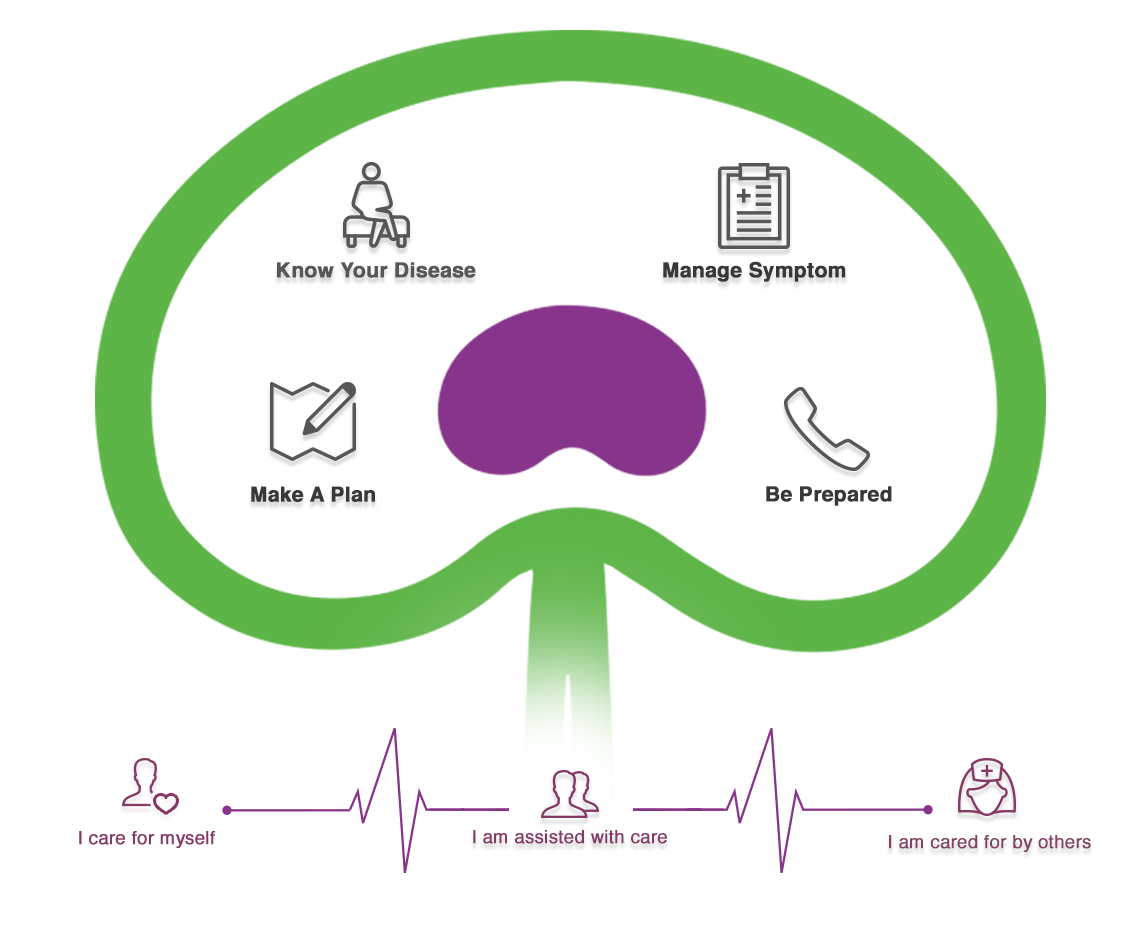Swelling
Swelling is common with kidney disease. Swelling occurs when there is extra fluid in your body and your body is not balancing that fluid. You may notice you are gaining weight, have swelling in your feet and lowers legs, or in other places such as fingers/around eyes/lower back. Shortness of breath can also mean that fluid is building up in your chest or lungs. Tell your care provider if you are noticing swelling anywhere in your body or if you have shortness of breath. There are medications you can take and some diet and fluid management tips that can help with swelling.
- Keep swollen limbs elevated on a stool when sitting to help blood flow back to your heart.
- Wear compression stockings if approved by your doctor to help with swelling.
- Remember to walk to help move fluid from lower limbs up the body.
- Do not add salt to food; use herbs, spices and salt-free seasonings instead.
- Limit canned, packaged, frozen, and bottled foods to those with less than 200 mg sodium per serving. This will be shown on the Nutrition Facts Panel. Common high salt foods are canned soups, potato chips, hot dogs, deli meats, and sausages.
- More than 6 cups fluids per day (a total of all beverages) can worsen swelling symptoms.
- Consider kidney-friendly frozen meal options from Meals on Wheels™. Ask your healthcare provider about these and other services available for appropriate meals.
- Watch your blood pressure as it can go up with extra fluid in your body.
- Take water pills (diuretics i.e.: Lasix) as directed by your doctor.
- Weigh yourself daily to see if your weight is changing.



